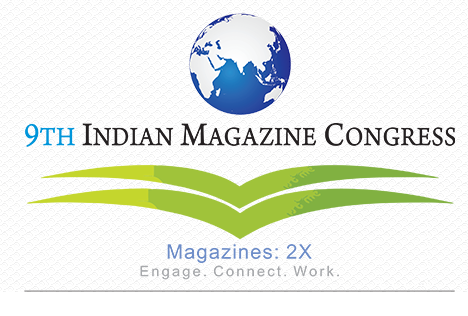IMC 2015: ‘Are we catering to the advertiser or the reader?’
The debate was rekindled even as the relevance of print and the need to diversify were underlined, at the ninth Indian Magazine Congress
by Hemamalini Venkatraman

To continue enjoying this content, please sign in below. You can register for free for limited further access or subscribe now for full access to all out content.
Sign In
Trouble signing in?
Register for free
✓ Access limited free articles each month
✓ Email bulletins – top industry news and insights delivered straight to your inbox
Subscribe
✓ All the latest local and global industry news
✓ The most inspirational and innovative campaigns
✓ Interviews and opinion from leading industry figures
